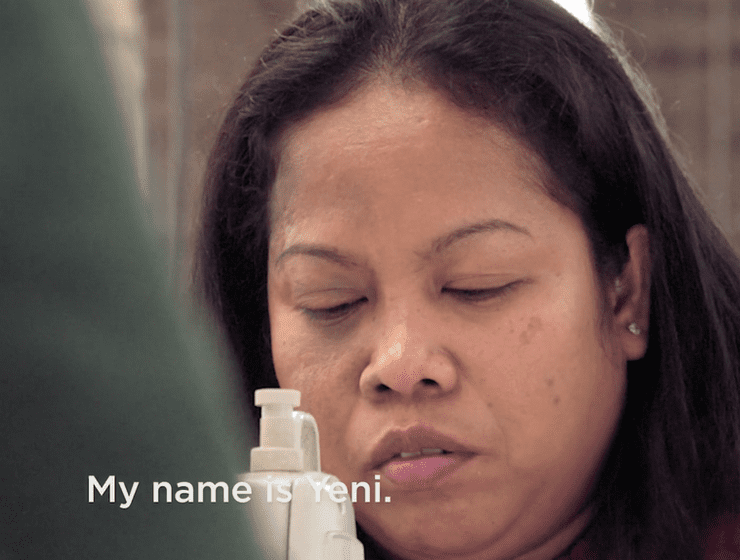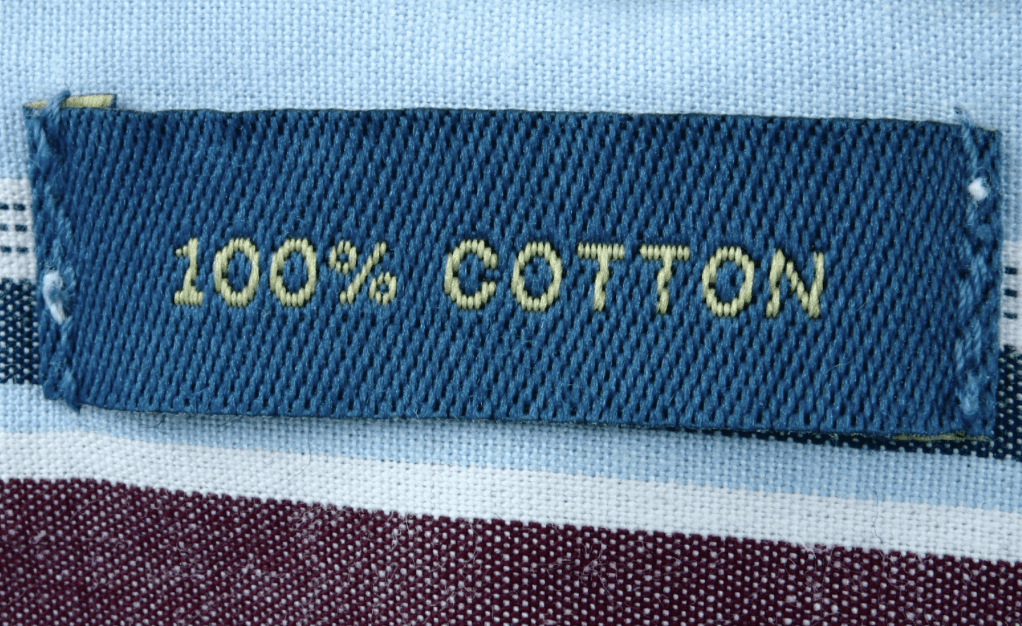By Lexy Silverstein, eLEXYfy & 1631 Digital News Fashion Columnist
What does Made in America aka Made in USA really mean? That label is supposed to be a stamp of approval for consumers to make you feel good about your American-made purchase. You are supporting American manufacturing and American workers instead of China or another country that might have fewer safety standards and harsh working conditions in their manufacturing plants. It’s also assumed that the products “Made in America” are made ethically, and that the employees are working in safe working conditions and are paid fairly. But….. that’s NOT what this label means.

America’s Dirty Little Secret: We Have Sweatshops too!
While technically the label is right, the product was probably “made in America” but that’s all it means. The other assumptions could all be a lie. For a product to be called “Made in USA”, it simply means the product must be “all or virtually all’ made in the U.S. That’s it. It has no other meaning.
But in our minds, that label means more. Why? Because most of us assume that American manufacturing plants are nothing like the videos we’ve seen of manufacturing plants in China or say Bangladesh. You know those countries that have sweatshops. “Those countries” that work their employees 12 or 14 hours with no breaks, no overtime and pay them only a few dollars an hour. “Those countries” who don’t provide safe working conditions and give their workers no rights or recourse to make things better.
Shockingly, the United States is also ONE of “those countries”. We have similar sweatshop conditions in Los Angeles, for example, the clothing manufacturing capital of the U.S.
Some Los Angeles Garment Factories Similar to Sweatshops in Other Countries.
The Facts:
- Nearly 50,000 garment workers, mostly immigrant women work (Remake.world) in garment factories in LA.
- The Department of Labor found 85% of factories in violation for:
- Rock bottom wages
- Physical abuse
Day in the Life of One Garment Worker in Los Angeles:
In the film Made in America produced by Remake, Yeni, a seamstress originally from Indonesia, currently working as a garment worker in LA describes long hours, bad working conditions and the feeling of helplessness as an employee at a LA clothing factory.
These are just a few of Yeni’s quotes in the Made In America film:
- “They don’t have lamps, tissue in bathrooms, nothing…”
- “Every week she pay me $125”.
- “I feel sad and angry but at the same time I can do nothing”
- “I don’t have any power. I don’t know my rights?”

Yeni’s the only worker speaking out. Last year, NBC featured a story about California garment worker Santa Son, who was hoping a new law in the sunshine state would finally pay workers by the hour instead of using the piece-rate system.
Son said in the interview that she gets paid 3 cents for every piece she sews, (sleeve, collar, hem, cuff, etc.) and works 60 to 75 hours a week for $300. Like many of her peers she averages about $5/hour instead of making California’s then $13/hour minimum wage.
Garment Worker Protection Act (GWPA)
If passed, GWPA or SB62 will strengthen existing laws to protect workers from bad working conditions and low pay in three ways.
- Expand liability to make sure manufacturers and fashion brands can’t avoid the consequences of wage theft through the many layers of supply chains. For example, self identified “retailers” who buy from manufacturers avoid consequences because although they hire the manufacturer, they aren’t directly in charge of the employees who are sewing the clothes they buy.
- The law would prohibit paying workers by the piece, forcing factories to pay hourly wages, making it harder for them to get around minimum wage laws.
- It would also give the Labor Commissioner’s Bureau of Field Enforcement some teeth, authorizing them to investigate and cite companies that don’t pay proper wages.
Last year, this same bill called SB 1399, also sponsored by state Sen. Maria Elena Durazo (D-Los Angeles) failed to get passed during the legislative session, so Durazo is trying again this year.
Strong Opposition Against Garment Workers Protection Act
Opposing this law are: California Retailers Association, California Chamber of Commerce, California Fashion Association, to name a few. Why? According to the Chamber of Commerce it’s a “job killer”! They contend GWPA would kill even more business. It’s already hard to compete against low-cost clothing manufacturing in Asia, Mexico and Central America.
But not everyone in the fashion industry agrees. Senator Durazo provided a list of four dozen apparel companies, oddly enough, the list included online fast-fashion retailer Fashion Nova, a company that’s been widely accused of greatly profiting from low wage labor.
Who Suffered for that $5 Tank Top You Bought?
Manufacturers, fashion brands and retail companies are all partly to blame for not paying or treating their employees properly.
But let’s face it, we are all to blame. When you buy that $5 tank top, $7 skirt, $1 headband or $20 pair of jeans, think about who made them. It’s not robots. Those items are all hand sewn by real people. If you are paying $5 dollars for a t-shirt how much did the person who made that t-shirt get paid? I think you get the picture. If we, as consumers, demand quality and stop buying cheap and disposable clothing, we’ll all be part of the solution.
That’s why we all need to change our buying habits:
- Invest in quality garments that last
- Don’t support fast-fashion. It’s bad for workers and it’s bad for our environment
- Buy vintage or used clothing.
- Don’t throw away clothing when you are done with it. Donate it, trade it with your friends
- Look at labels to see what the fabric is made of. Buy natural fabrics that are biodegradable.
If we change the way we think about clothing the entire system can change. The American-made manufacturers and the fashion brands can pay their workers fairly because they can all charge more for their products. They can charge more if we consumers are willing to pay more for quality, not disposable clothing. Consumers can end up saving money because even if they are spending more, it’s on quality goods so they can buy less. It’s a win, win, win. Also the environment wins because this fast fashion model is something the planet simply can’t sustain either.

What Else Can You Do?
The other thing consumers can do is support SB62. It didn’t pass last time but needs to become law in California to help close the loopholes that are allowing companies to take advantage of their workers. You can learn more about the Garment Workers Protection act here. Also you can sign the petition urging the California lawmakers to take action quickly and pass this law to close the loopholes.
If you have any questions, please contact me at LexySilverstein@gmail.com.
Follow me on my socials:
Instagram: @lexysilverstein
Youtube: Lexy Silverstein
Twitter: @eLEXYfy
TikTok: @lexysilverstein
Facebook: Lexy Silverstein




